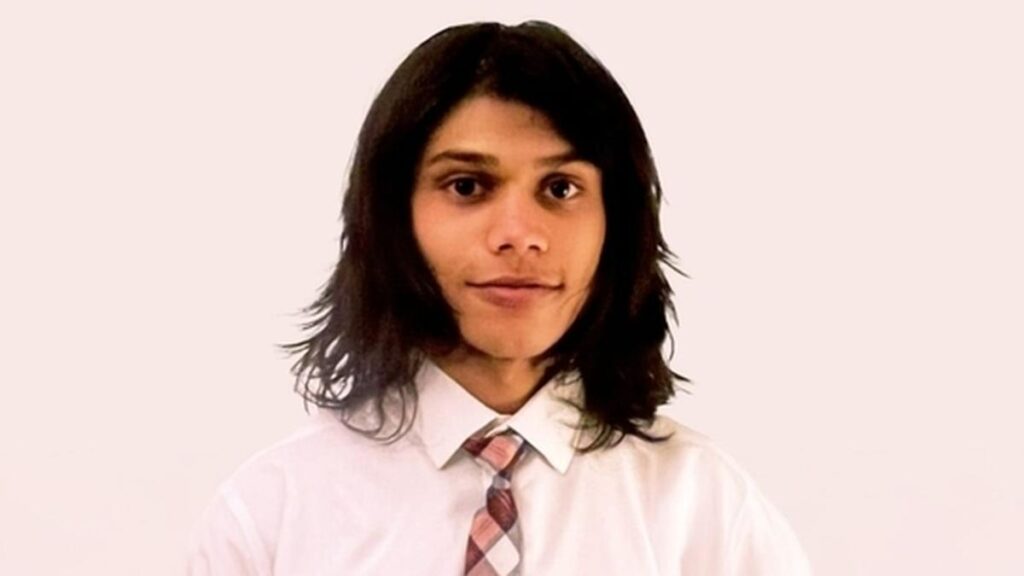In a bold legal move, Chinmay Deore, a 21-year-old Indian student at Wayne State University in Michigan, has taken center stage in a high-stakes lawsuit against the Trump administration. Alongside three other international students—Xiangyun Bu and Qiuyi Yang from China, and Yogesh Joshi from Nepal—Deore is challenging what they describe as the unlawful termination of their student immigration status in the United States.
These students, all of whom are on F-1 student visas, found their legal status abruptly revoked in the Student and Exchange Visitor Information System (SEVIS) without prior notice, justification, or any wrongdoing. The lawsuit, filed with the support of the American Civil Liberties Union (ACLU) of Michigan, claims that this termination was not only unjust but could lead to serious consequences like deportation, disruption of their education, and psychological stress.
A Voice Against Injustice
Deore, pursuing a degree in computer science, has emerged as the face of the lawsuit, representing thousands of international students who fear the arbitrary and opaque immigration policies under the Trump-era crackdown. “We’ve done everything right—followed the law, worked hard, and stayed focused on our studies,” Deore said in a statement released by the ACLU. “Yet our futures are now hanging in the balance.”
Targeting Top Officials
The lawsuit names several top officials, including Kristi Noem, Secretary of the Department of Homeland Security (DHS), Acting ICE Director Todd Lyons, and Detroit Field Office Director Robert Lynch. The complaint argues that the students were not given a chance to challenge the decision, violating due process and causing unnecessary fear of detention and removal.
Political Tensions on Campus
This legal battle unfolds amidst heightened political tensions, as former President Donald Trump has reignited his attacks on elite academic institutions. He recently threatened to revoke federal funding and tax-exempt status from universities like Harvard for resisting increased federal scrutiny.
Despite the broader political climate, Deore and his fellow plaintiffs stress that their case is not about politics—it’s about fairness, legality, and the right to education. None of the students had been involved in campus protests or had any criminal records. They were simply focused on their academic goals.
A Bigger Message
Ramis Wadood, a staff attorney with the ACLU of Michigan, warned that such government actions could have a chilling effect on international enrollment. “When students are treated like this, it sends a dangerous message to the global academic community that the U.S. is no longer a safe or welcoming place to study,” he said.
The case is being closely watched by human rights organizations, immigration advocates, and academic institutions around the country. For Chinmay Deore, what began as a personal crisis may now turn into a landmark moment in the fight for international student rights.


